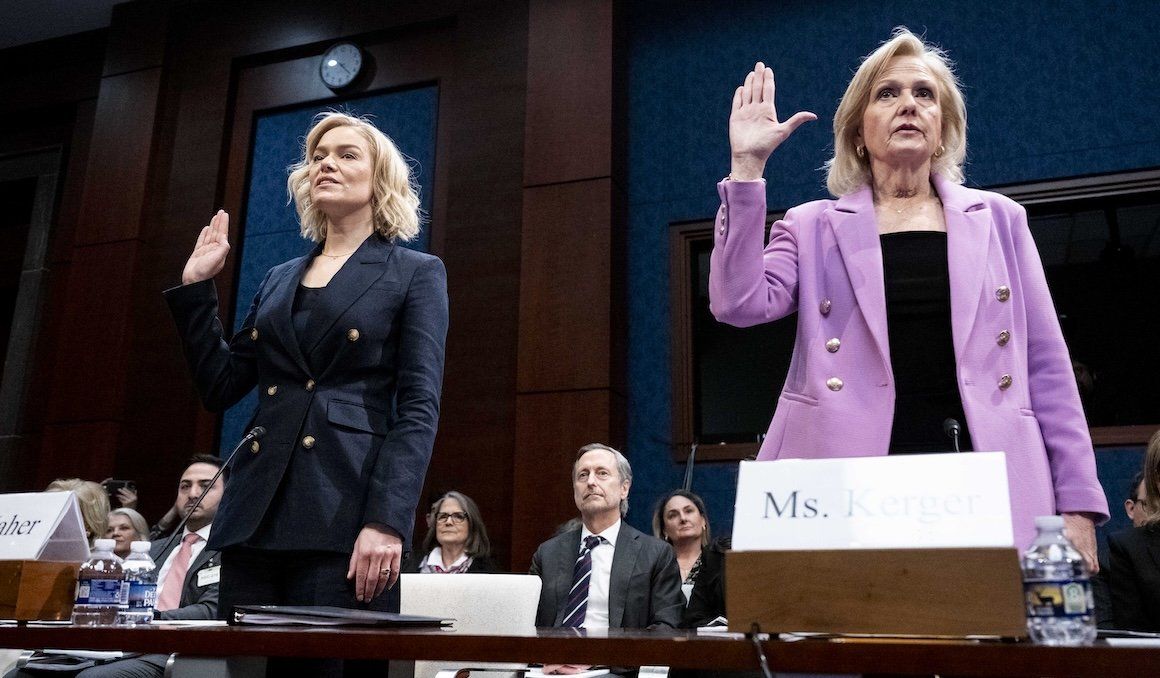On Wednesday, NPR’s CEO and President Katherine Maher, along with PBS CEO and President Paula Kerger, testified before the House Oversight Subcommittee on Delivering on Government Efficiency, where they faced accusations of left-wing bias. At stake: the $535 million they receive from Congress through the Corporation for Public Broadcasting.
This subcommittee, chaired by Rep. Marjorie Taylor Greene, was established as a counterpart to Elon Musk’s Department of Government Efficiency. The public media outlets were accused of spreading misinformation, focusing too much on stories about transgender people, and being biased against the president.
The outlets tried to shift the focus to their non-political content. PBS highlighted much of its programming geared toward education, in particular at preparing preschool-aged children who may not be able to afford daycare to enter school. NPR pointed to the critical role local radio plays during natural disasters – particularly in rural and remote areas – and argued that it was key to keeping local news alive since it is the only news outlet with a network of nearly 3,000 local journalists. Maher also said she regretted past tweets disparaging Trump and that the station made mistakes covering the Hunter Biden laptop story.
But their arguments didn’t seem to convince Republicans, with many saying that the rise of podcasts makes NPR less vital for getting news to rural areas than it was in the past. “I don’t think they should get a penny of federal funds,”
said Congressman
James Comer. We will be watching whether public media maintains its funding in the budget Republicans are working on over the coming weeks.
